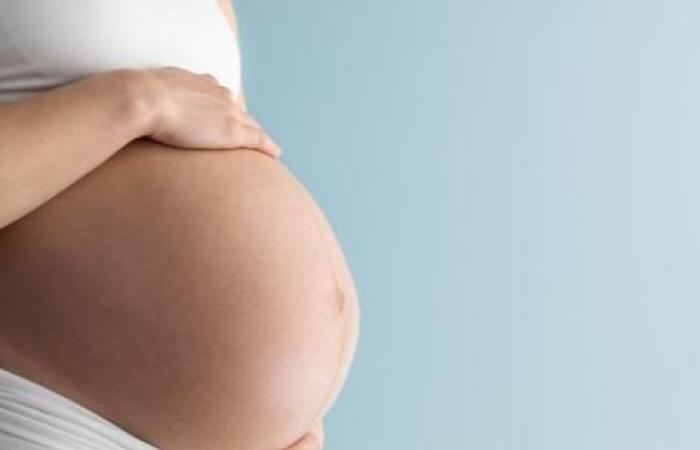THE ESSENTIAL
- The number and type of microbes present in the saliva of pregnant women differ depending on their mental health.
- For example, expectant mothers who had recently experienced stress in their lives had a greater amount of Pseudomonadota species.
- Levels of Spirochaetota bacteria were higher in pregnant women with symptoms of depression.
What if the saliva of future mothers could help to have a more precise vision of their mental health? This could be possible if we are to believe a study published in the journal BMJ Mental Health. Its authors discovered that stress and mental health are associated with the oral microbiota of pregnant women.
Mental health: germs in the mouths of pregnant women vary depending on the disorders
For this study, researchers brought together 224 pregnant women. Their stress levels and mental health were assessed during their second trimester. Expectant mothers were also asked to provide a saliva sample. Analyzes were carried out to determine the microbes present and their quantity.
Results showed that the oral microbiome varied depending on whether women reported symptoms of life stress, anxiety, depression, or post-traumatic stress disorder (PTSD) during the assessments.
In detail, participants with high symptoms of anxiety or depression had high alpha diversity. Which means the saliva contained many types of microbial species at relatively uniform levels. This made it less likely that one species would dominate the others.
Expectant mothers with high levels of post-traumatic stress disorder symptoms had high beta diversity. That is, the microbial species present in their saliva differed from those found in women with mild PTSD symptoms.
Certain species were also associated with certain disorders. Women who had recently experienced life stress had a greater abundance of Pseudomonadota (formerly Proteobacteria) species. Levels of Spirochaetota bacteria were higher in pregnant patients with depression. Greater numbers of Dialister and Bacillota-like bacteria species (formerly Firmicutes) were observed in expectant mothers with higher levels of anxiety and depression symptoms. Eikenella species were more numerous in women with high anxiety, depression or PTSD.
“Twenty-two potential covariates were studied to see if they influenced changes in the microbiome. This analysis found that smoking could explain 7.2% of the variance observed in oral microbiomes, dental problems could explain 3.1%. %, domestic violence could explain 4.1% and unplanned pregnancy could explain 2%”, specify the authors in their press release.
Stress, anxiety: targeting the oral microbiota for treatment?
“Our study shows that many aspects of the oral microbiome during pregnancy are associated with life stress and women’s mental health. Importantly, these associations differ from studies of the gut microbiome and studies of people without pregnant”conclude the researchers.
For them, their discovery shows that the oral microbiota of future mothers could become a therapeutic target for mental health.
“Successful targeting of the gut microbiome with probiotic treatment to improve maternal mental health could be extended in future studies to target microbes in the oral cavity through dietary changes, recommendations to improve oral health and probiotic treatments that could benefit mothers struggling with high stress and poor mental health”they say.






